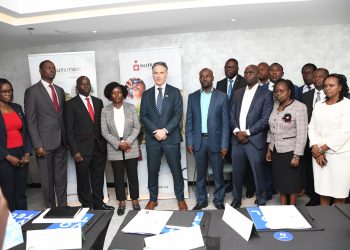By Ivyn Kipruto
The World Health Organization (WHO) has sounded an alarm to governments worldwide, including those in Africa, over intensified efforts by the tobacco industry to undermine global and national tobacco control measures ahead of crucial international negotiations set for next month.
The Secretariat of the WHO Framework Convention on Tobacco Control (WHO FCTC) states that the industry is intensifying its attempts to influence decisions at the 11th Conference of the Parties (COP11) and the 4th Meeting of the Parties (MOP4), both scheduled for November in Geneva, Switzerland.
“With strategies ranging from lobbying to attempts to manipulate delegations, the tobacco industry’s tactics are a cause for serious concern,” said Andrew Black, Acting Head of the WHO FCTC Secretariat. “This is a deliberate effort to derail consensus and weaken the treaty’s implementation.”
The meetings will bring together 183 member states, including Kenya, to discuss strategies to curb nicotine addiction, protect health and the environment, and eliminate illicit trade in tobacco products.
The Secretariat cited evidence from independent watchdogs showing the industry’s interference through political influence, front groups posing as trade or consumer associations, misleading scientific claims, and false economic arguments linking tobacco control to job losses or reduced tax revenues.
Governments have been urged to strictly enforce Article 5.3 of the WHO FCTC, which requires public health policies to be protected from commercial and vested interests of the tobacco industry.
Kenya, which has made major strides in tobacco control through taxation, advertising bans, and awareness campaigns, is among African countries expected to play a strong role in defending tobacco-free policies at the global talks.
The WHO FCTC, now in its 20th year, covers more than 90 percent of the world’s population, marking it as one of the most widely supported UN health treaties.















